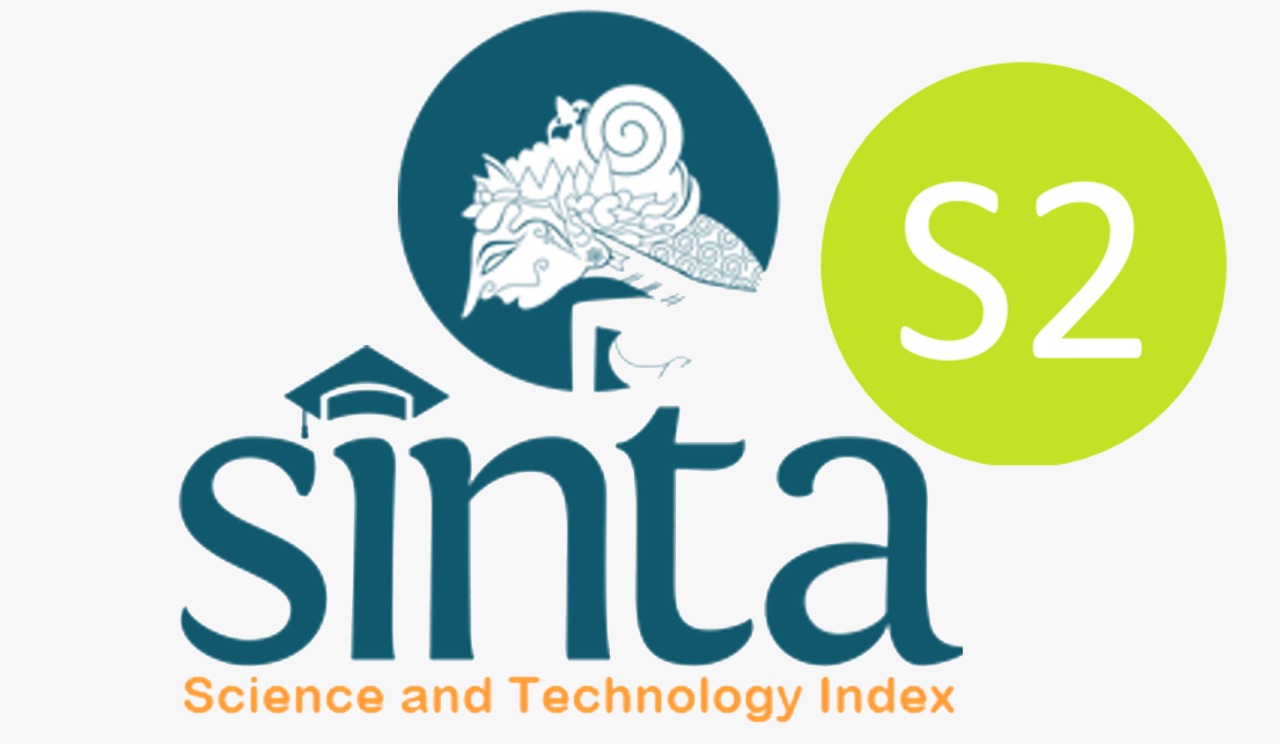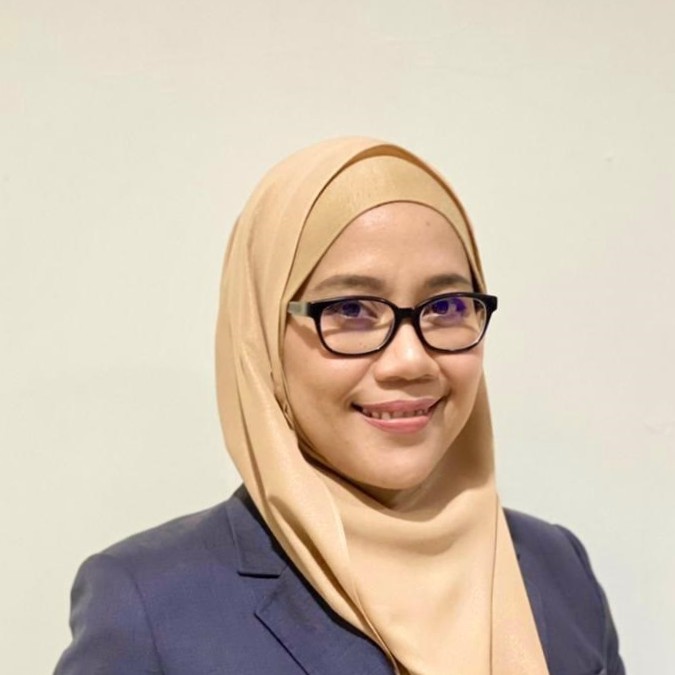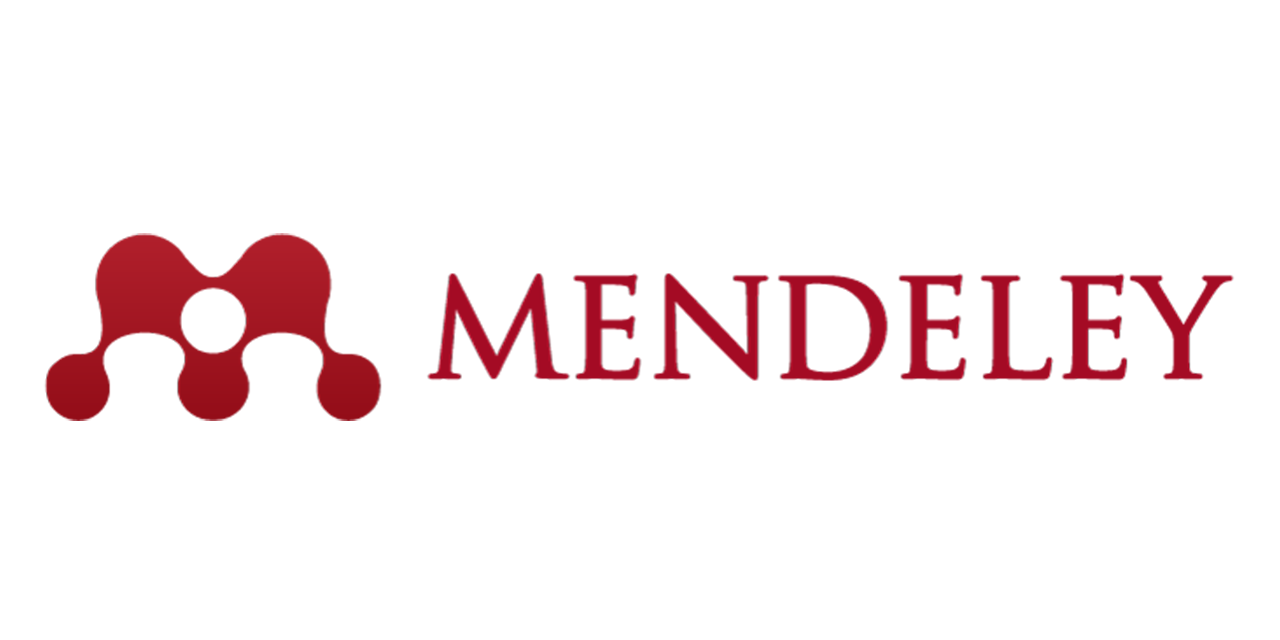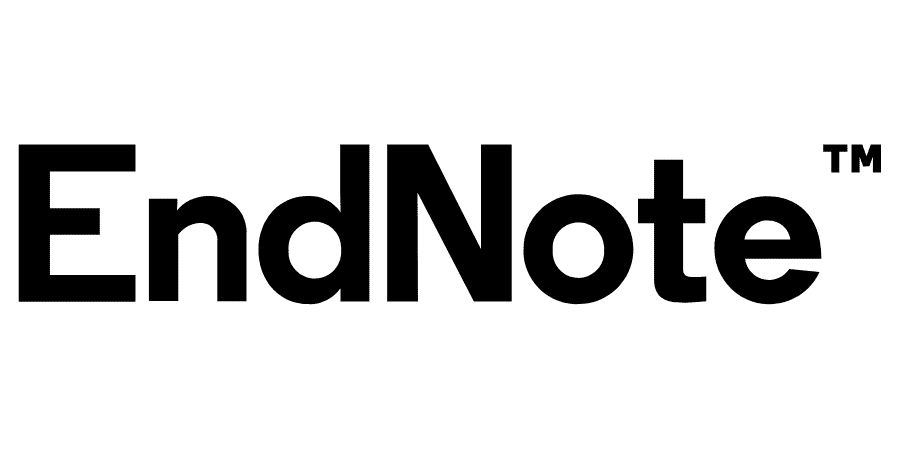THE ROLE OF MOSQUES IN COMMUNITY ECONOMIC RECOVERY DURING THE COVID-19 PANDEMIC
Downloads
Introduction: The mosque has many roles and functions, one of which is economic empowerment. As a place for economic empowerment, mosques must play a role in the economic recovery of people who have experienced adversity during the Covid-19 pandemic. This study aims to find out how is the role of mosques in the community's economy during the Covid-19 pandemic.
Methods: The research used a qualitative method with a case study approach.
Results: The results of the study show that the Jogokariyan Mosque has succeeded in recovering the community's economy during the pandemic with various programs. These programs are given to the poor in the form of basic necessities and given to MSME actors by holding people's markets; mosques help market participants by providing Al-Qardh loans, providing education about entrepreneurship, and providing free shopping vouchers for the poor and mosque congregations to stimulate sales of people's market participants.
Conclusion and suggestion: Mosque administrators must work better in managing their mosques so that mosques can maximize their roles and functions and not only be used as places of worship. The role and function of the mosque can solve all the problems of the congregation.
Afzalurrahman. (1997). Muhammad sebagai Seorang Pedagang (Muahammad as Trader). Jakarta: PT Intermasa.
Badan Pusat Statistik. https://www.bps.go.id/indicator/12/1975/1/jumlah-penduduk-pertengahan-tahun.html Accessed February 8, 2022
Bungin, Burhan. (1993). Metodologi Penelitian Sosial & ekonomi: Format-format Kuantitatif dan kualitatif untuk Studi Sosiologi, Kebijakan Publik, Komunakis, Manajemen, dan Pemasaran. Jakarta: Prenamedia Group.
Databoks Katadata. https://databoks.katadata.co.id/datapublish/2022/02/12/sebanyak-8693-penduduk-indonesia-beragama-islam-pada-31-desember- Accessed February 8, 2022
Gazalba, Sidi. (1964). Mesdjid Pusat Ibadat dan Kebudajaan Islam. Jakarta: Pustaka Antara
Harahap, Sofyan Syafri. (1993). Manajemen Masjid Sebuah Pendekatan Teoritis Dan Organisatori. Yogyakarta: PT. Dana Bhakti Prima yasa
Hudaefi, Fahmi and Beik, Irfan Syauqi. (2020). Digital Zakah Campaign in time Of Covid-19 Pandemic in Indonesia: a netnographic Study. Journal of Islamic Marketing. (12) 498-517.
Ikram, Muhammad et al. (2021) Intensifying effects of Covid-19 on economic growth, logistics performance, environmental sustainability and quality management: evidence from Asian countries. Journal of Asia Business Studies
Irham, Muhammad. (2019). Filantropi Islam dan Aktivitas Sosial Berbasis Masjid di Masjid Al-Hidayah Purwosari Yogyakarta. Sangkep: Jurnal Sosial Keagamaan (2) 69-90.
Kasri, Rahmatina Awaliah and Ramli, Untung Handayani. (2019). Why do Indonesian Muslims donate through mosques? A theory of planned behavior approach. International Journal of Islamic and Middle Eastern Finance and Management (12) 663-679.
Kementerian Agama. Sistem Informasi Masjid (kemenag.go.id) Accessed January 10, 2022
Khoiri, Miftahul. (2020). Masjid Al-Ikhlas sebagai Pusat Budaya Keagamaan Islam Masyarakat Tempel, Caturtunggal, Depok, Sleman, Yogyakarta. Jurnal Sejarah Peradaban Islam (3) 195-203.
Khoiruni, Nisa and Widyanto, Anton. (2018). Mengatasi Krisis Spiritual Remaja di Banda Aceh Melalui Revitalisasi dan Optimalisasi Fungsi Masjid Sebagai Sarana Pendidikan Islam. DAYAH: Journal of Islamic Education (1) 74-84.
Mardhotillah, Mila et al. (2020). Peran Masjid Lautze 2 Bandung dalam Dakwah dan Budaya. Khazanah Theologia (2) 1-10.
Moleong, lexy j. (2018). Metodologi Penelitian Kualitatif. Bandung: PT. Remaja Rosdakarya.
Nasution, Dito Aditia Darma. (2020). Dampak Pandemi Covid-19 terhadap Perekonomian Indonesia. Jurnal Benefita (5) 212-224.
Organisasi Kesehatan Dunia (World Health Organization). https://covid19.who.int/ Accessed March 5, 2022
Ozbay,Gulcin et al. (2021). A comparative evaluation between the impact of previous outbreaks and COVID-19 on the tourism industry. International Hospitality Review
Puspitasari, Dwi Siska and Indrarini, Rahma. (2021). Pengaruh Penggunaan Digital Payment Terhadap Perilaku Konsumsi Islam Masyarakat Surabaya Pada Masa Pandemi Covid-19. Jurnal Ekonomika dan Bisnis Islam (4) 64-74.
Ramadhan, Abdurrahman. et al. (2019). Potret Masjid Sebagai Basis Pemberdayaan Ekonomi Umat. Iqtishodia: Jurnal Ekonomi Syariah. (4) 31-49.
Rosita, rahmi. (2020). Pengaruh Pandemi Covid-19 terhadap UMKM di Indonesia. Jurnal Lentera Bisnis (9) 109-120.
Roziqin, Ali et al. (2021). An analysis of Indonesian government policies against COVID-19. Public Administration and Policy (24) 92-107.
Sarifudin et al. (2020). Pemberdayaan Masyarakat Perkotaan di Masa Pandemi Covid 19 Dalam Meningkatkan Kesejahteraan, Kesehatan Dan Pendidikan Melalui Program Ecomasjid Di Kelurahan MargajayaKecamatan Bogor Barat Kota Bogor. Khidmatul Ummah. (1) 39-53.
Suryanto, Asep. (2016). Optimalisasi Fungsi dan Potensi Masjid Model Pemberdayaan Ekonomi Masyarakat Berbasis Masjid di Kota Tasikmalaya. Iqtishoduna. Vol. 8(2), 1-27.
Yamali, Fakhrul Rozi and Putri, Ririn Noviyanti. (2020). Dampak Covid-19 Terhadap Ekonomi Indonesia. Ekonomis: Journal of Economics and Business (4) 384-388.
Yin, Robert K. (2019). Studi Kasus Desain & metode. Depok: PT. Rajagrafindo Persada

This work is licensed under a Creative Commons Attribution-ShareAlike 4.0 International License.
Authors who publish with Jurnal Ekonomi dan Bisnis Airlangga agree to the following terms:The journal allows the author to hold the copyright of the article without restrictions.
The journal allows the author(s) to retain publishing rights without restrictions
The legal formal aspect of journal publication accessibility refers to Creative Commons Attribution Share-Alike (CC BY-SA).
Jurnal Ekonomi dan Bisnis Airlangga (JEBA) is licensed under a Creative Commons Attribution-ShareAlike 4.0 International License

















